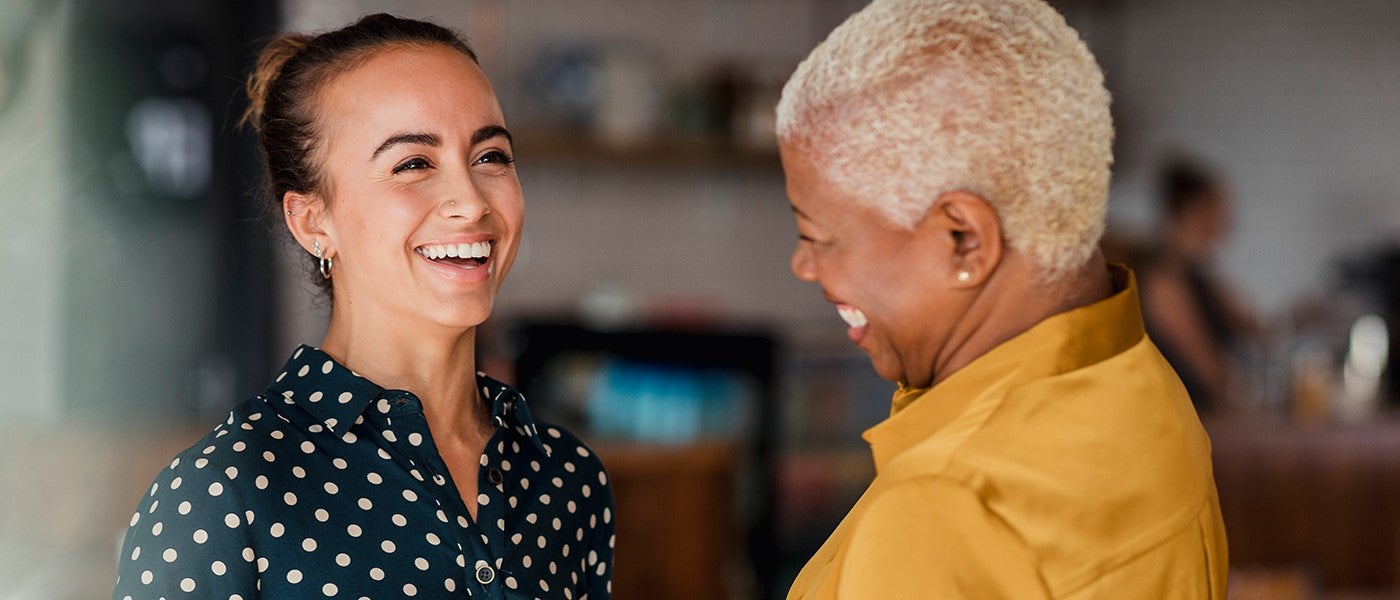- Home
- Campaigns
- Invisible disabilities
- How to be a good ally
How to be a good ally
We asked disabled people what non-disabled people could do to be a good ally.
We have put what they told us into 10 top tips.
- Listen to disabled people.
If you're not sure, ask! Do not make assumptions or finish someone’s sentences for them! - Not all impairments and conditions are visible.
And some change. You may not be able to see them, but they’re still there. - Think about your language.
Don’t use ableist terms like ‘idiot’, and call these out when you hear them. - Champion accessibility and inclusion.
Especially at work. Ask what access needs someone might have, like receiving presentations before a meeting. - Educate yourself.
Read and learn about the advantages and benefits you experience as a non-disabled person and how to champion disabled people’s rights. - Speak out.
If you see or hear bullying or discrimination, speak up or report it. - Don’t push.
If someone says they can’t do something or aren’t feeling up to it, even if they look OK, don’t put them under pressure to change their mind. - Never assume someone is exaggerating or ‘faking it’.
Just because you can’t see someone’s condition, doesn’t mean that it doesn’t exist. - It’s OK to ask questions.
But remember to ask something you’d be happy to answer yourself! - Everyone is different.
Not every disabled person will have the same views and preferences on these tips. And that's OK.


